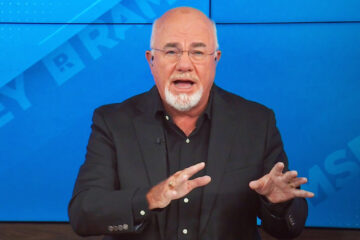The newspaper paid “in the low seven figures” for the popular word puzzle game.
Going from obscurity to a household name in weeks, the popular word puzzle game has now been snapped up by the New York Times (NYT) – Get New York Times Company Class A Report. On Monday, the newspaper announced that it had bought the online game created by software engineer Josh Wardle for a sum “in the low seven figures.”
You Still Haven’t Heard Of Wordle?
The game, in which you get six chances to guess a five-letter word by eliminating letters, went from 90 daily players when Wardle launched it in November to 2 million by mid-January. (You also cannot get addicted as a new word only comes out at 12 a.m. every day.)
The acquisition came very fast and caught many fans by surprise — some joked about how one would soon have to “pay the New York Times to play Wordle” while others mimicked its word-guessing format to announce the news.
“The game has done what so few games have done: It has captured our collective imagination, and brought us all a little closer together,” Jonathan Knight, general manager for The New York Times Games, said in a statement. “[…] As part of our portfolio of games, Wordle will have an exciting future with the help of a team of talented engineers, designers, editors and more, furthering the user experience.”
Why Is The Game Such An Attractive Investment?
Similarly to the Sudoku Craze of 2005 or the 2048 game of 2014, Wordle came at a time when many people were hungry for a popular puzzle. Its ensuing success — millions not only play but post images of their scores on social media — can bring in a massive and previously-untapped audience to a business.
In a statement announcing the purchase and intent to grow its games platform, the New York Times said that it is committed to keeping Wordle free for the near future. Players can also rest assured that their scores and streaks will be maintained as the game moves to the NYT platform.
Wardle, in turn, said that the decision to sell was motivated by the difficulty of navigating such popularity on his own — he had previously told The Guardian that going viral “doesn’t feel great” as it comes with a huge “sense of responsibility” toward the players.
“I’d be lying if I said this hasn’t been a little overwhelming,” Wardle wrote of the sale on his Twitter (TWTR) – Get Twitter, Inc. Report. “After all, I am just one person, and it is important to me that, as Wordle grows, it continues to provide a great experience to everyone.”


